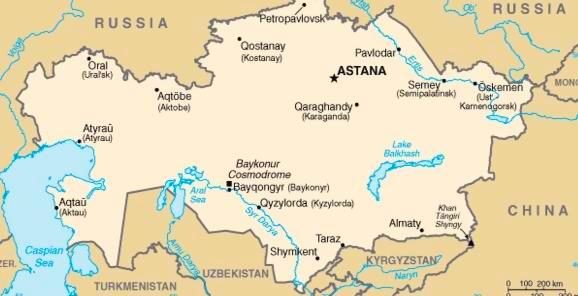SHYMKENT, Kazakhstan -- While seven political parties are campaigning to win seats in Kazakhstan's lower house of parliament, common Kazakhs remain largely indifferent to the election, believing the results aren't likely to bring change from a government whose commitment to democracy is lately in doubt. Kazakh president Nursultan Nazarbayev dissolved the parliament's lower house, the Mazhilis, June 20 and called for new elections. Ninety-eight deputies of the Mazhilis will be elected Aug. 18 in accordance with a system of party-list proportional representation that allocates seats among parties winning at least 7 percent of the vote. (The remaining nine seats of the body's total 107 are reserved for representatives of the Assembly of the People of Kazakhstan, which is meant to ensure representation in parliament for Kazakhstan's ethnic minorities.) Dosym Satpayev, director of the Risks Assessment Group, a research organization based in the Kazakh city of Almaty, said Nazarbayev's National Democratic Party Nur Otan is almost certain to remain in power.
Political Apathy, Uncertainty Ahead of Kazakhstan Parliamentary Elections

